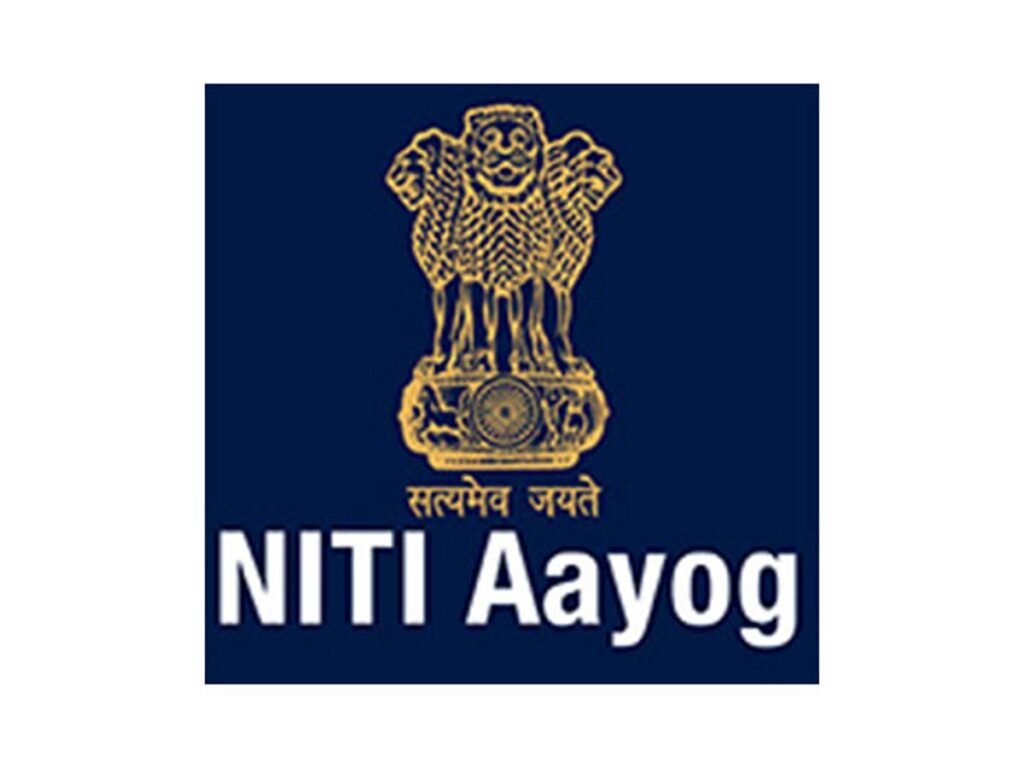By Dairy Dimension Policy Desk | New Delhi | June 2025
In a significant policy advisory, NITI Aayog has recommended that India reduce tariffs on select U.S. agricultural imports, including genetically modified (GM) soybeans and corn, to strengthen bilateral trade relations. The proposal aims to strike a balance between strategic trade gains and protection for vulnerable domestic sectors, particularly the poultry and dairy industries.
The recommendation is part of a working paper authored by Ramesh Chand, Member (Agriculture), NITI Aayog, and comes amid ongoing negotiations for a potential India–U.S. bilateral trade accord.
🌐 Strategic Trade Shift: Opening, But Selectively
While India currently bans GM food crops and maintains judicial restrictions on their cultivation, the NITI Aayog suggests that controlled access to GM soy and corn—primarily used in feedstock and processing—can enhance trade parity with the U.S.
The proposal also supports greater import access for non-competitive products such as:
-
Pistachios and almonds (U.S. origin)
-
Off-season apples
These are not produced in large volumes domestically and thus pose a limited threat to local agriculture.
“India needs to be smart in negotiating reciprocal market access—open where we don’t compete, protect where we must,” the paper notes.
🛡️ Dairy & Poultry Remain Protected
Crucially, the paper emphasises the continued protection of sensitive sectors, such as dairy and poultry, acknowledging the livelihood risks faced by millions of smallholder farmers.
The Indian dairy industry, built on small-scale cooperative models, could be destabilised by an influx of subsidised U.S. dairy products. The paper does not support any tariff relaxation on fluid milk, cheese, or milk powder—categories where India faces direct price-based competition.
“These are sectors with deep rural employment linkages and must remain insulated from abrupt tariff shifts,” said a senior policy expert familiar with the document.
📈 Broader Policy Objective: Trade Balance & Export Growth
India has historically enjoyed a surplus in agricultural trade with the U.S., but stagnating exports and rising demand for ag-tech imports have triggered a rethink. The working paper argues that India’s liberalisation will enhance India’s chances of securing concessions on its agricultural exports, especially for Basmati rice, spices, and marine products.
With the U.S. to India’s access to India’s highly valuable agricultural exports, India’s stance reflects a calibrated trade strategy, allowing imports that complement domestic production while guarding segments vital to food security and employment.
related news NITI Aayog Backs Selective Tariff Cuts to Boost India–US Agricultural Trade – Dairy Dimension
